Happy Easter!
Easter Beliefs, Customs and Traditions 
It is commonly believed that the word Easter comes from a pagan figure called Eastre (or Eostre), the celebrated goddess of spring for the Saxons of Northern Europe. The existence of a goddess named Eastre or a spring festival in her honour is however based on conjecture and not historical fact. Some say that the word Easter is probably related to the word (ost in German) and that the Saxons had a month they called Eosturmononath.
Easter is of course a religious holiday and eggs have long been associated with Easter as a symbol of new life and Jesus’ resurrection but some of its’ most well known customs, such as the giving of Easter eggs and the ‘Easter Bunny’, have evolved from pagan traditions. It is believed that the egg, which is an ancient symbol of new life, is associated with pagan festivals that celebrated the beginning of spring. Elaborately decorating eggs for Easter, is also a tradition that dates as far back as the 13th century. One explanation for this particular custom is that eggs were formerly a forbidden food during the Lenten season, so people would paint and decorate them to mark the end of the period of penance and fasting, then eat them on Easter as a celebration.
Easter egg hunts and egg rolling are also two popular egg-related traditions. Although egg rolling has no religious significance, some people have considered the rolling of an egg as symbolic of the stone blocking Jesus’ tomb being rolled away, leading to his resurrection.
Whatever your beliefs, customs and traditions, enjoy the Easter bank holiday weekend.
Did you know…The largest Easter egg ever made was over 25 feet high and weighed over 8,000 pounds. It was built out of chocolate and marshmallow and was supported by an internal steel frame!



